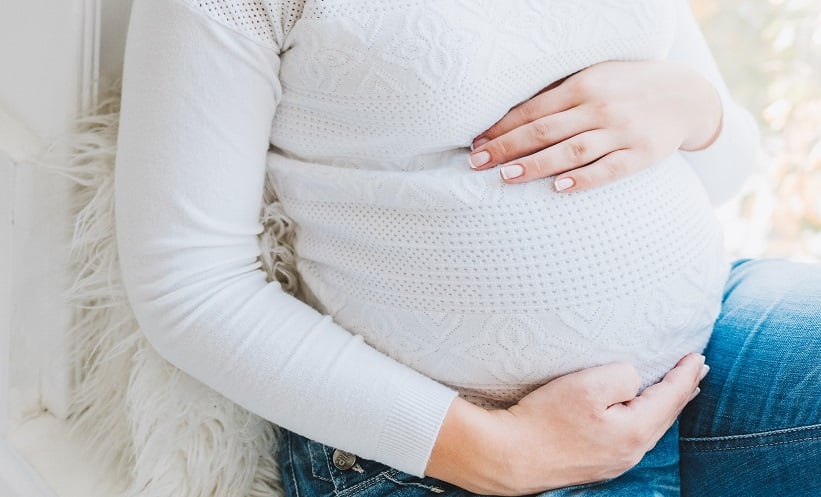ALTHOUGH the overall risk is low, people who are pregnant or were recently pregnant are at an increased risk of severe illness from COVID-19 compared with non-pregnant individuals. In addition, people who have COVID-19 during pregnancy are more likely to experience pre-term delivery, stillbirth, and other related complications. For this reason, it is crucial to elucidate the complex interaction between severe acute respiratory syndrome coronavirus 2 (SARS-CoV-2) infection and pregnancy. Therefore, the National Institutes of Health (NIH) recently announced it will support a 4-year investigation on the potential long-term effects of COVID-19 on pregnant females infected with SARS-CoV-2. It is hoped that the study findings will guide recommendations of how to reduce the risk of ‘long COVID’ after pregnancy and of how to treat its symptoms.
This effort is part of NIH’s Researching COVID to Enhance Recover Initiative, which seeks to understand, prevent, and treat post-acute sequelae of SARS-CoV-2 (PASC), including long COVID.
Some of the patients will be enrolled from an earlier study by the Maternal-Fetal Medicine Units (MFMU) Network, a 36-site research collaboration supported by the NIH’s Eunice Kennedy Shriver National Institute of Child Health and Human Development (NICHD). Participants will be recruited from approximately 4,100 females with either asymptomatic or symptomatic SARS-CoV-2 infection during pregnancy who gave birth at MFMU Network hospitals. Scientists will assess patient symptoms periodically over the course of the 4-year period and evaluate their offspring for cardiovascular conditions and neurologic symptoms.
Researchers, led by Torri Metz, Associate Professor of Obstetrics and Gynaecology, University of Utah School of Medicine, Salt Lake City, Utah, USA, will aim to determine what proportion of patients with COVID-19 in pregnancy are at risk for long COVID, whether the severity of COVID-19 in pregnancy influences the risk of developing long COVID, and how the percentage of patients with develop PASC after COVID-19 in pregnancy compares to that of non-pregnant females who develop PASC.








